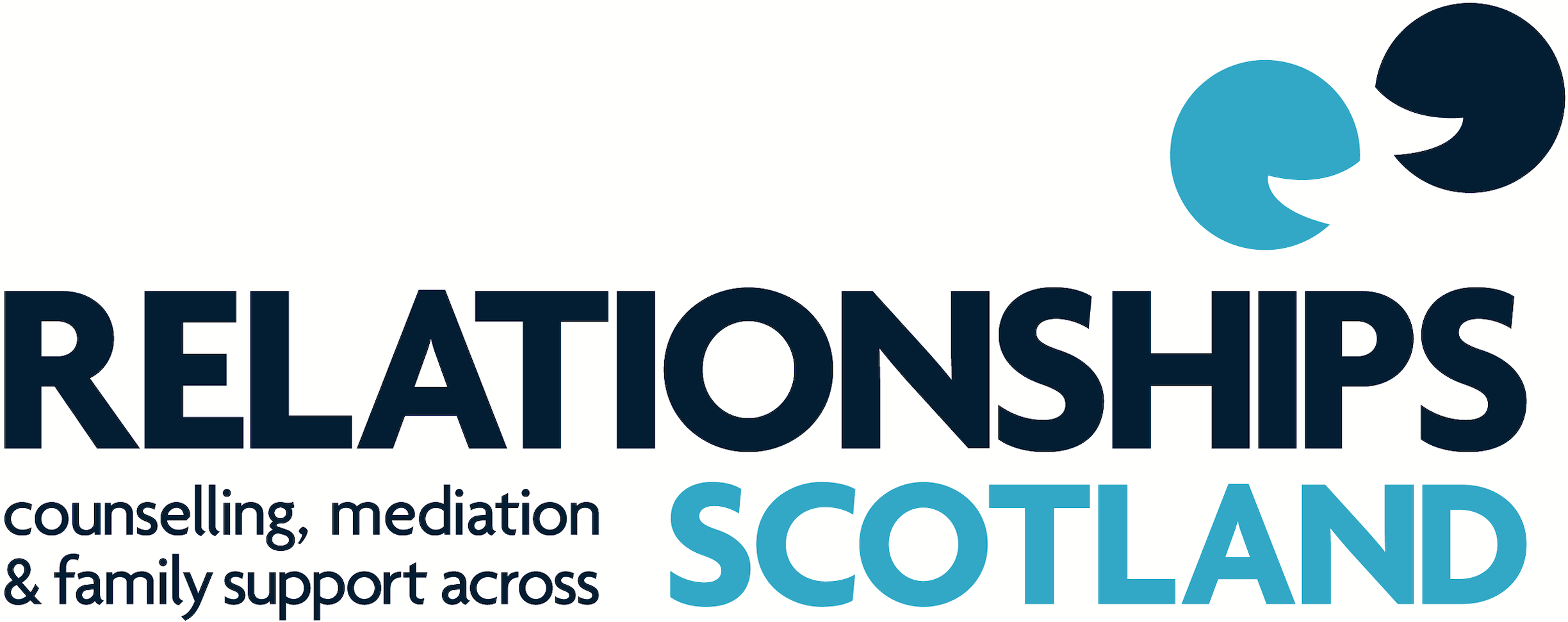Learning from MIAMs in England and making it work in Scotland
Rosanne Cubitt, Mediator and Head of Professional Practice (Mediation)
Relationships Scotland is calling for more families to be made aware of mediation as an alternate route to court action and, off the back of our manifesto, we are asking for a change to the current law to make this happen We are encouraged by the support shown in response to media coverage on the issue in the Herald, on BBC Radio Scotland, in the Courier, Third Force News and the Journal of the Law Society.
At the same time some professionals have shared their concerns about the introduction of mandatory mediation in Scotland and referred to issues that have arisen with the introduction of mandatory Mediation Information and Assessment Meetings (MIAMs) in England. To be clear, we are not calling for mandatory mediation in Scotland nor do we want to replicate MIAMs in Scotland. We want to discuss and agree the best way to change the law to ensure parents find out about mediation and other dispute resolution options.
The implementation of MIAMs in England has raised questions about how successful mediation will be if both parties feel ‘compelled’ to take part. There are legitimate concerns and we need to learn from these experiences to make sure we deliver a proposal that works in Scotland.
MIAMs were introduced around the same period as changes in Legal Aid and the misunderstanding that Legal Aid wasn’t available for mediation heavily influenced the uptake. Since then the Government has introduced a number of measures to encourage more people to go to MIAMs and proceed to mediation and the numbers are increasing.
We are operating in a very different context in Scotland; Legal Aid is still available for family cases and for mediation. We are calling for parents to be required to attend an information meeting giving them a chance to explore their options fully. They would find out about a range of options for resolving their disputes such as mediation, collaborative law, arbitration and services like Parenting Apart, a free three-hour information session facilitated by an experienced family support professional. Parents would also find out about options for accessing other support, such as debt advice or counselling.
An initial meeting wouldn’t oblige people to continue to mediation. We believe that for it to work the mediation process has to be a voluntary one and we are not suggesting parents are compelled to mediate. Parents may decide that mediation is not appropriate and it’s not suitable in all cases. Parents might choose to access other specialist services or they might continue to negotiate their disputes through solicitors and ultimately end up in court.
Our view is that by ensuring parents are fully informed of their choices from the outset, they are better equipped to put their children’s needs at the centre of their decision making. Measuring the ‘success’ of mediation demands a holistic approach that reflects the parents’ choices and needs; some agreement could be reached through mediation, with solicitors handling negotiations on other issues. What’s vital is that parents make informed decisions about what could work best for them and their children.
Listen to former mediation client Neil and our CEO Stuart Valentine discuss mediation on BBC Radio Scotland’s Kaye Adams Programme in March 2016.
